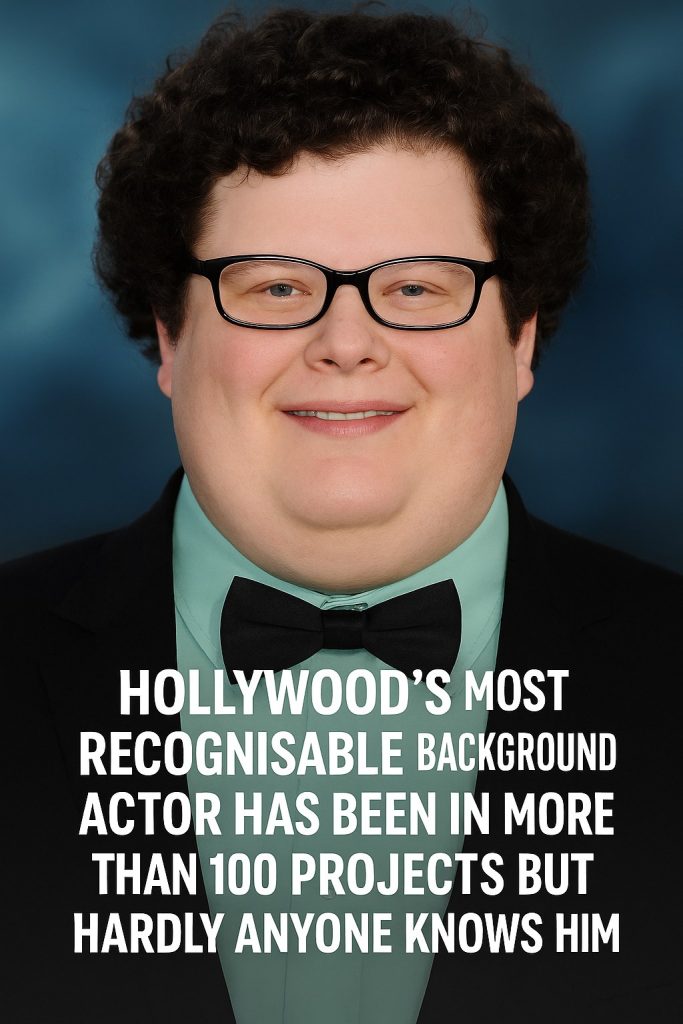In a chilling and thought-provoking interview, Epstein survivor Juliette Bryant delves into her harrowing experiences and asserts that the cult classic film “They Live” can be seen as a documentary reflecting real-life horrors. During the conversation, Bryant recounts her traumatic past, alleging that she was kidnapped by Jeffrey Epstein over two decades ago, a story that continues to resonate in the wake of ongoing revelations surrounding Epstein’s crimes.
The interview begins with Bryant providing a brief introduction of her story, emphasizing the profound impact of her experiences. At the age of 22, she was allegedly lured into Epstein’s world under the guise of a modeling opportunity, having been told she would be participating in a casting call involving prominent figures, including former President Bill Clinton and renowned actor Kevin Spacey. However, what began as a hopeful opportunity quickly turned into a nightmare. “I was taken to New York to model but then quickly kidnapped to the island,” she shared, referring to Epstein’s infamous private island in the Caribbean.
As she recounts her past, Bryant expresses the deep-seated trauma she has endured throughout her life due to her experiences with Epstein. Her story highlights the pervasive fear and anxiety that victims often carry long after escaping their abusers. The emotional weight of her narrative forms the backdrop of her assertion that the themes in “They Live” resonate with her truth. The film, which features a dystopian reality where the elite manipulate and control the masses, not only entertains but has entered the realm of social commentary for individuals like Bryant, who see parallels between Hollywood fiction and their lived experiences.
The interview also touches on the broader implications of Epstein’s case, especially in the wake of newly released information regarding Epstein’s network and the alleged involvement of high-profile figures. Bryant reacts to these developments with a sense of urgency, emphasizing the need for continued advocacy for survivors and justice for victims. “It’s been very frightening everything that’s been going on,” she states, encapsulating the anxiety prevalent among those affected by the Epstein case.
In her candid revelations, Bryant implores the public to recognize and acknowledge the systemic issues surrounding human trafficking and abuse, echoing sentiments expressed by many advocates for survivors’ rights. Her perspective compels a reassessment of cultural narratives, urging society to confront uncomfortable truths rather than dismissing them as mere conspiracy or fiction.
This latest interview serves as a critical reminder of the enduring scars left by sexual violence, as well as the resilience of those who survive. Bryant’s willingness to share her story adds a vital voice to the ongoing discourse surrounding issues of consent, exploitation, and the responsibility of society to support victims. The parallels drawn to “They Live” will only deepen the audience’s understanding of the shadows lurking within the glamourous facades often associated with wealth and power.
As more revelations come to light regarding Epstein and his inner circle, Bryant’s commentary not only challenges viewers to reflect on the realities depicted in popular culture but also emphasizes the importance of listening to and believing survivors. In navigating a world where the lines between fiction and reality blur, Bryant stands as an advocate for truth and justice, holding a mirror to society’s deepest fears and hidden abuses.



